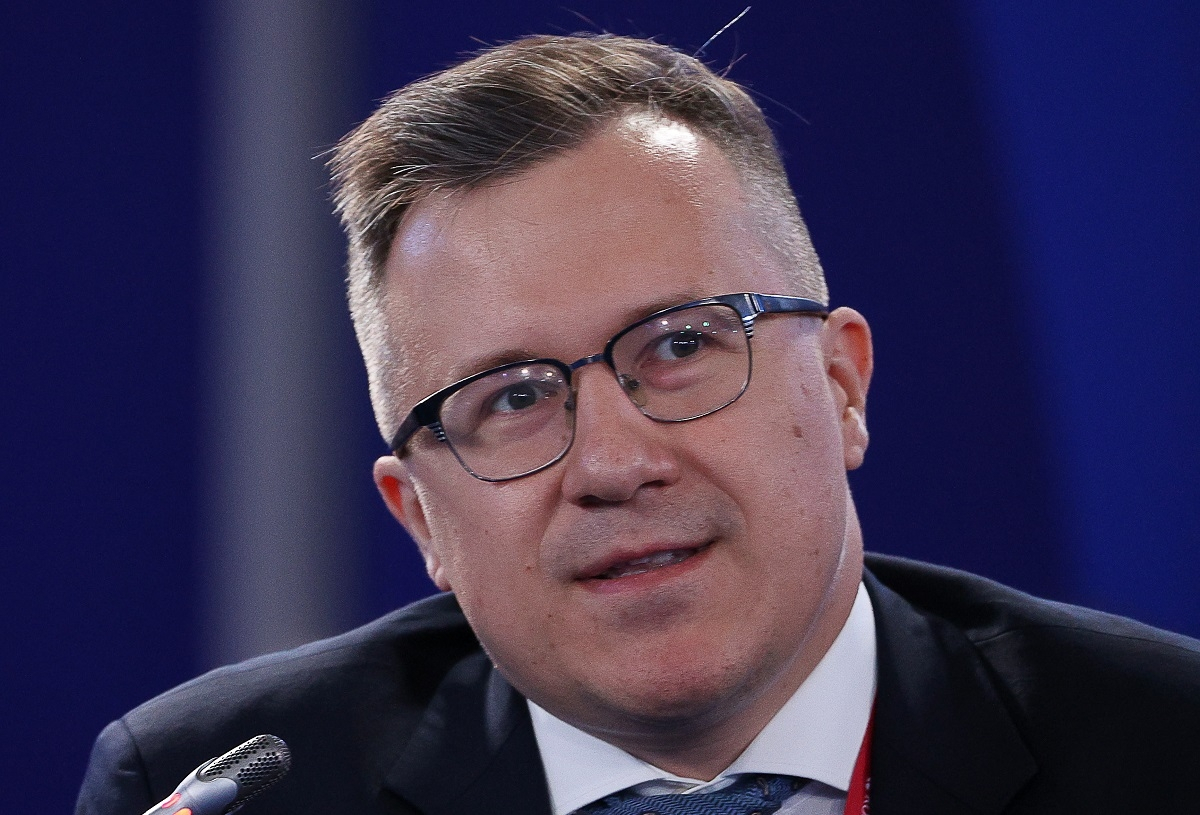SPIEF-22: Special legal status proposed for video game developers
During the recent symposium "Virtual Worlds, Real Problems: Digital Law and Cybersecurity in the Gaming Industry", there was a discussion on the latest trends in the industry. This symposium was held during the International Youth Economic Forum, which, in turn, was under the umbrella of the St Petersburg International Economic Forum (SPIEF-22).

The symposium was moderated by: Vladislav Arkhipov, Head of the St Petersburg University Department of Theory and History of State and Law; and Olga Binda, Deputy Editor-in-Chief at RAPSI, the Russian Legal Information Agency.
According to the experts, games have long since become a standard pastime and hobby for many Russians.
It has been estimated that from 60% to 70% of Russians play games in one way or another.
Vladislav Arkhipov, Head of the St Petersburg University Department of Theory and History of State and Law
Nikolay Andreev, Head of Tax Practice at Zartsyn and Partners Law Company, underscored that today, in terms of capitalisation, the video game industry has surpassed the film industry. ‘Games account for $172 billion a year in revenues, while cinemas earn only $44-50 billion,’ he said. ‘On top of that, as an industry, games are in the vanguard when it comes to innovative technologies, like artificial intelligence.’
Mr Arkhipov noted that the market for video games has expanded dramatically in recent years, but now the industry has come up against a number of problems. Developers have been deprived of the sphere that they had been used to working in due to restrictions on the use of foreign software in Russia. As for players, on some platforms they have lost the ability to buy new games and enjoy various game features and, in some cases, it has even become impossible to download games that they have already purchased.
Participants in the symposium noted that games are becoming an increasingly important political tool (especially among young people) and a means of promoting ideas. Given the scale, it is impossible to leave the whole industry without support. In these circumstances, the experts say that the law should provide opportunities for creative initiatives and not be a mechanism of constraint. It was thus proposed during the symposium that game developers be allotted a special legal status. According to Boris Edidin, Deputy General Director for Legal Affairs at the Internet Development Institute (IRI), they are both IT companies and creative industries, since artists, designers and a number of other professionals work in game studios.
Given that the Russian game industry is basically export-oriented, more than 80% of the companies’ profits have formed abroad. This is our good quality product, for which we need to create a regular environment that will allow us to develop under new rules and new conditions, so that the export potential that we have achieved remains. This is also a legal issue.
Boris Edidin, Deputy General Director for Legal Affairs at the Internet Development Institute
Participants in the symposium were also invited to consider the possibility of supporting the industry by other means: the attraction of public investments; tax incentives; simplified conditions for obtaining loans; and inclusion in clusters such as Skolkovo and Innopolis, whose members receive organisational and information support for their work.

